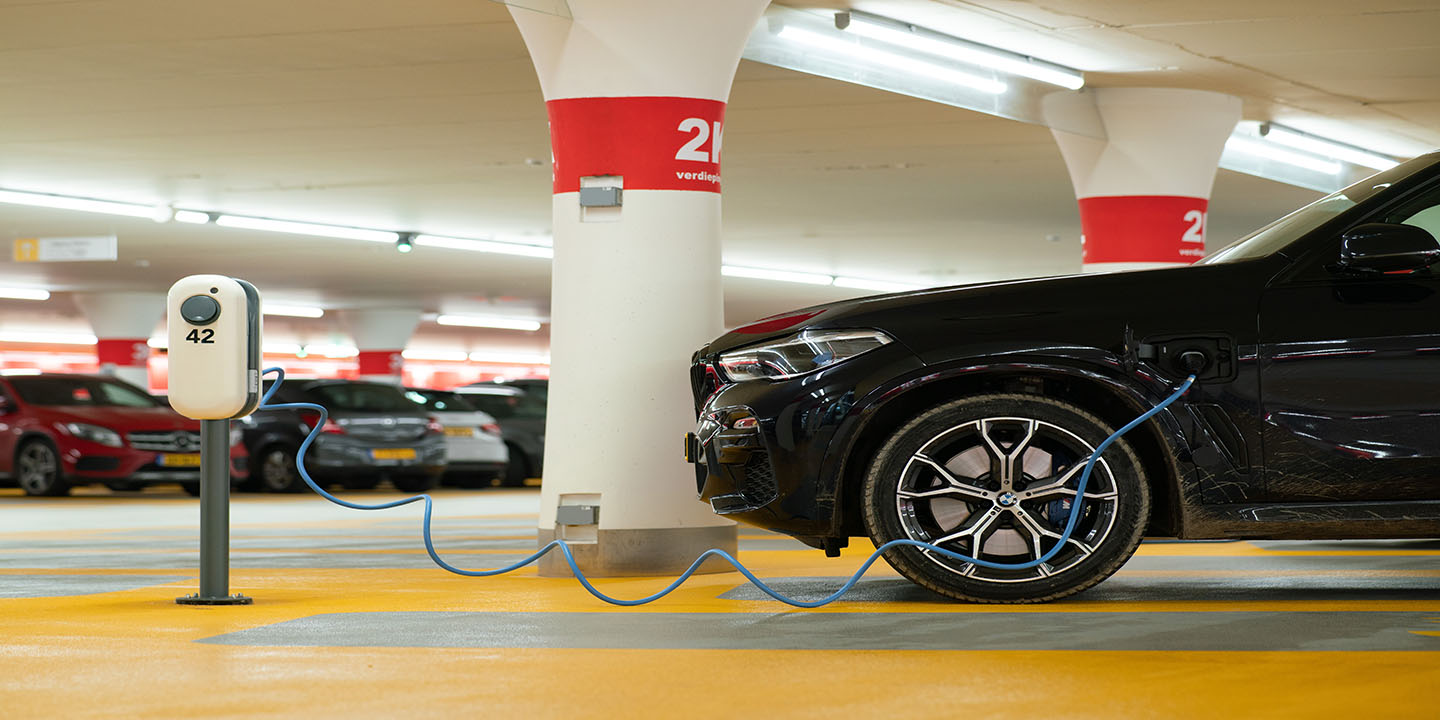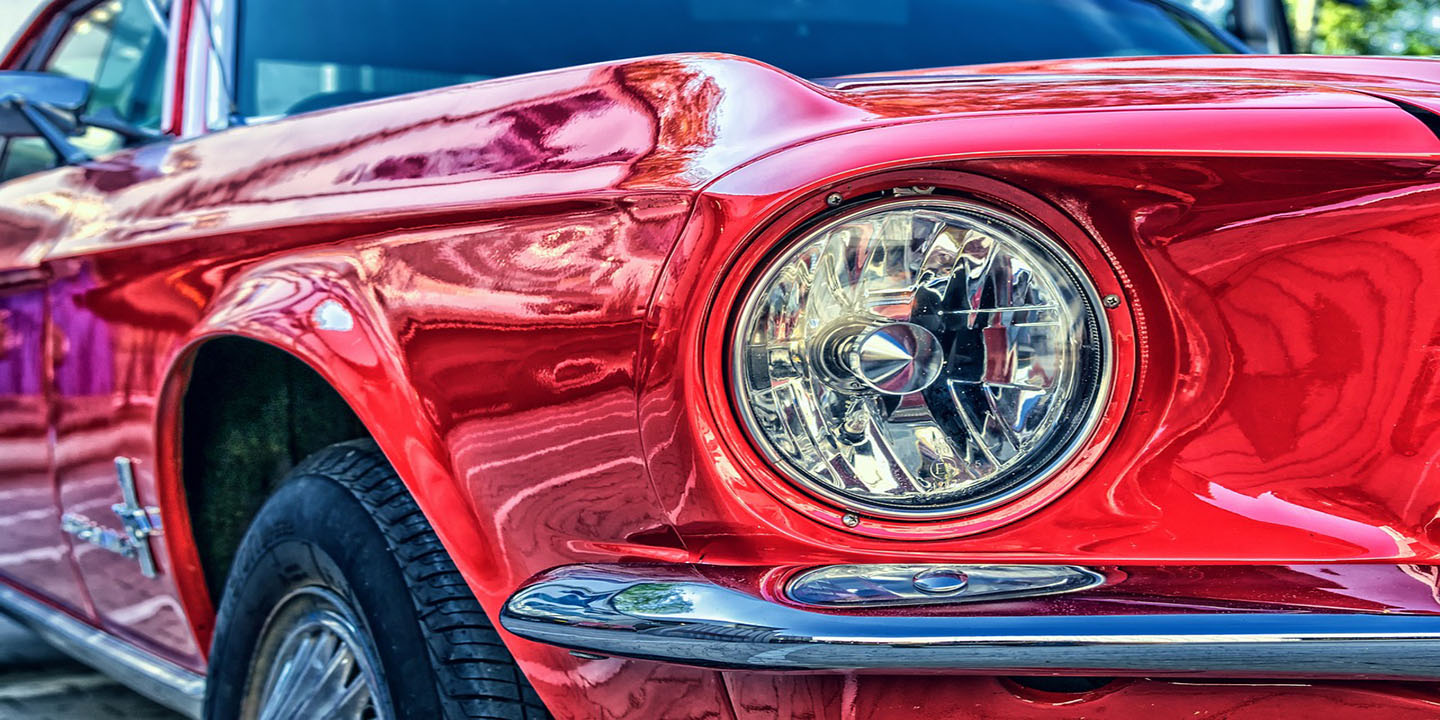Don't Drag Your Car's Worth Down
Your car is probably your second-biggest investment after your home, yet countless owners unknowingly sabotage their vehicle's value on a daily basis. Simple habits and seemingly innocent maintenance choices can slash thousands from your resale price. Between overlooked maintenance and surprising lifestyle factors, these value-killers lurk everywhere. Understanding these pitfalls helps protect your investment and maximize returns. So, keep reading to learn 20 hidden threats undermining your car's value.
1. Overlooking Fluid Leaks
Leaks often hint at engine, transmission, or even brake problems. When buyers spot stains under a car, it immediately raises red flags about hidden issues. Since the required repairs are usually costly and urgent, leaks quickly become deal‑breakers.
 How To Diagnose Leaks Under Your Car | Autoblog Wrenched by Autoblog
How To Diagnose Leaks Under Your Car | Autoblog Wrenched by Autoblog
2. Delaying Timing Belt/Chain Service
Missing manufacturer intervals risks sudden belt/chain failure, which can damage valves and even cause complete engine loss. Timing system repairs are labor‑intensive and expensive, so vehicles with overdue components are viewed as high‑risk and see reduced resale value.
 How Long Do Timing Belts Last? - Timing Belt Replacement Service by The Proctor Dealerships
How Long Do Timing Belts Last? - Timing Belt Replacement Service by The Proctor Dealerships
3. Skipping Regular Oil Changes
Nothing kills buyer confidence faster than service records showing neglected oil changes. Your engine suffers increased wear and reduced performance without fresh oil. This leads to shortened engine lifespan and expensive repair costs down the road.
4. Ignoring Minor Body Damage
Those little dents and scratches might seem harmless, but they're red flags to buyers. Visible damage reduces curb appeal significantly and suggests poor overall maintenance habits. To buyers, that also means hidden issues exist when bodywork looks neglected.
5. Failing To Clean The Interior
A dirty interior screams "I don't care about my car" to potential buyers. Stains and odors cost serious money to remove professionally, which is why clean cars consistently fetch higher offers in today's competitive market.
 Car Interior Detailing ASMR / Mercedes from Copart Auction by True Detailer
Car Interior Detailing ASMR / Mercedes from Copart Auction by True Detailer
6. Using Cheap Replacement Parts
Sure, aftermarket parts save money upfront, but they often fail to meet safety standards. As a result, the vehicle's reliability and performance take a hit, while voided warranties make buyers incredibly nervous about future problems.
7. Parking Outside Long-Term
Leaving your car outside all the time makes it age faster in sunlight. Constant sun exposure fades paint and cracks interiors, whereas rain and weathering trigger rust and worn seals. Keeping it covered helps preserve both condition and value.
8. Modifying The Suspension
The lowered stance might look cool, but it might not be appealing enough to mainstream buyers. Modified suspensions can also affect handling and may not pass inspection requirements. Plus, finding compatible replacement parts becomes a real headache for future owners.
9. Leaving Warning Lights Unchecked
Dashboard warning lights are clear signs of unresolved mechanical problems, and buyers usually assume the worst-case scenarios when they see them glowing. Beyond hurting first impressions, these alerts can further cause a car to fail pre‑sale inspections.
 Dashboard Warning Lights - Simply Explained by World Driving
Dashboard Warning Lights - Simply Explained by World Driving
10. Ignoring Rust Spots
Rust spreads quickly and can weaken a car's structural integrity if left untreated. Because repairs are labor‑intensive and expensive, most buyers view rust as a serious red flag. Even small visible spots can drastically reduce your car's overall resale appeal.
11. Neglecting Windshield Chips
A damaged windshield isn't just pricey to replace—it immediately hurts your car's first impression with buyers. Cracks or chips make listings far less compelling, and because those tiny marks often spread over time. So, what starts small can turn into a major safety concern.
 How to Fix a Chipped or Cracked Windshield (Like Brand New) by ChrisFix
How to Fix a Chipped or Cracked Windshield (Like Brand New) by ChrisFix
12. Failing To Replace Cabin Air Filter
Dirty filters cut HVAC efficiency and create musty odors, turning buyers off. Changing to a clean air filter enhances fuel economy and supports a longer engine lifespan. Such a cheap fix instantly shows buyers the car's been cared for.
 How to Replace an AC Compressor in your Car by ChrisFix
How to Replace an AC Compressor in your Car by ChrisFix
13. Not Fixing Broken Lights
When buyers spend their hard‑earned money, they expect every system to work as it should. Non-functional lights instantly raise safety hazards that can lead to failed inspections and expensive fines. Worse, broken lights commonly hint at deeper electrical issues hiding beneath the surface.
 https://www.youtube.com/watch?v=GD1hj6WoWC8
https://www.youtube.com/watch?v=GD1hj6WoWC8
14. Letting Battery Terminals Corrode
Corrosion doesn't just look messy—it can interfere with the starting system and other electrical components. Since it typically points to neglect that could spell future repairs, buyers see it as a warning sign. In many cases, corrosion makes them question the car's overall reliability.
15. Failing To Replace Worn Wipers
Streaky wipers are frustrating during test drives and quickly suggest oversight in basic maintenance. Something as small as worn blades can leave buyers questioning overall care, frequently making them wonder what other important maintenance may have been neglected.
 How to Change Windshield Wipers by ChrisFix
How to Change Windshield Wipers by ChrisFix
16. Using Harsh Cleaning Products
Wrong cleaning products are like using sandpaper on silk—they destroy everything they touch. Paint damage, leather cracks, and dashboard discoloration are clear signs of neglect. All of this quickly tells buyers that the car has worn faster than it should.
 Photo By: Kaboompics.com on Pexels
Photo By: Kaboompics.com on Pexels
17. Skipping Brake Pad Replacement
Brake issues are instant deal‑breakers for safety‑minded buyers. Worn pads also reduce the stopping power of the vehicle. And because savvy buyers factor these costs into their offers, your final selling price might take a big hit.
 Brake Change Tutorial on 2009 - 2019 Toyota Corolla | Rotors and Pads by KJ's Garage
Brake Change Tutorial on 2009 - 2019 Toyota Corolla | Rotors and Pads by KJ's Garage
18. Leaving Pet Hair Behind
Pet hair is especially difficult to remove from upholstery and air vents, usually lingering no matter how much you clean. It can trigger allergies and immediately reduce buyer interest. That's why vehicles with visible pet hair take noticeably longer to sell.
19. Driving Aggressively
Hard braking and sudden jackrabbit starts wear out components faster and cut deeply into fuel efficiency. Over time, this kind of aggressive driving shortens engine life and drives up repair costs. Experienced buyers can easily spot the signs of such abuse during a careful test drive.
 pov: your boy says "follow me I know the way" PART 2 by sean sean
pov: your boy says "follow me I know the way" PART 2 by sean sean
20. Ignoring Alignment Issues
Poor alignment leads to uneven tire wear, something buyers can spot right away during a test drive. It often hints at deeper suspension or frame issues that may cost thousands to repair. Steering problems, in particular, become obvious to any observant person evaluating performance.
















